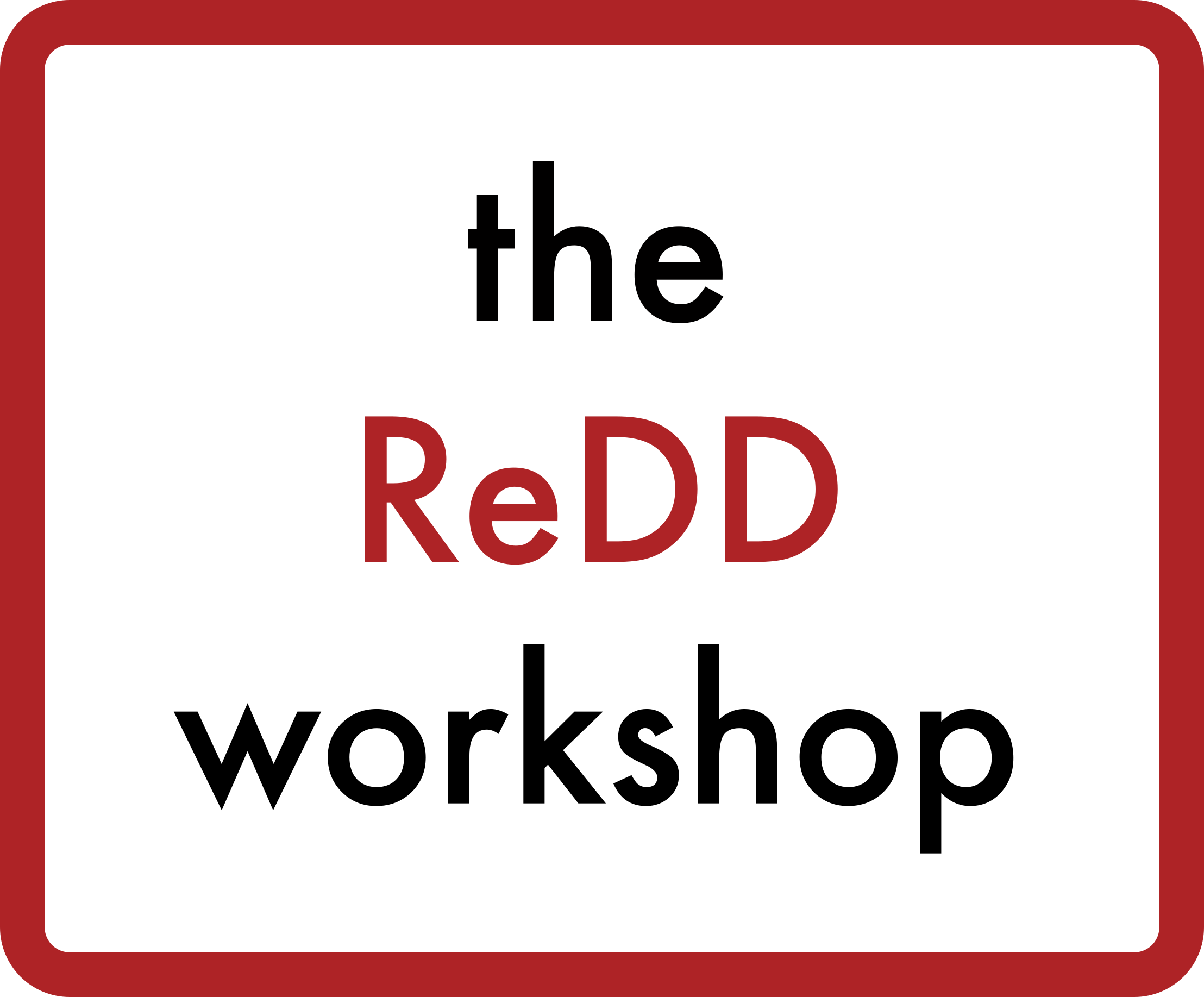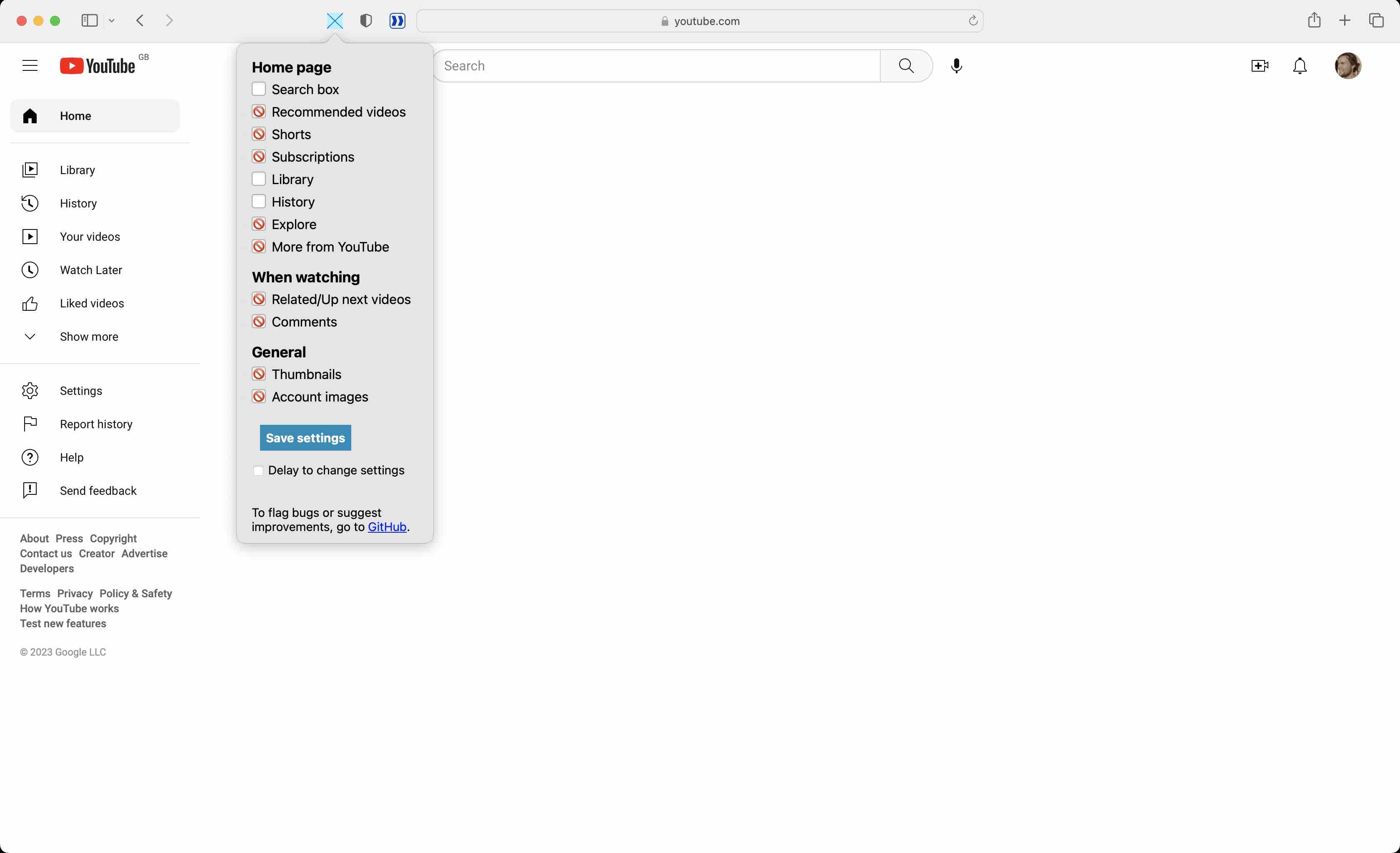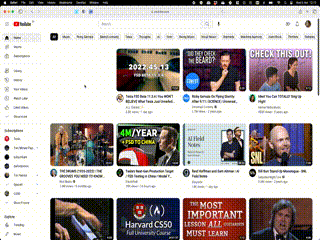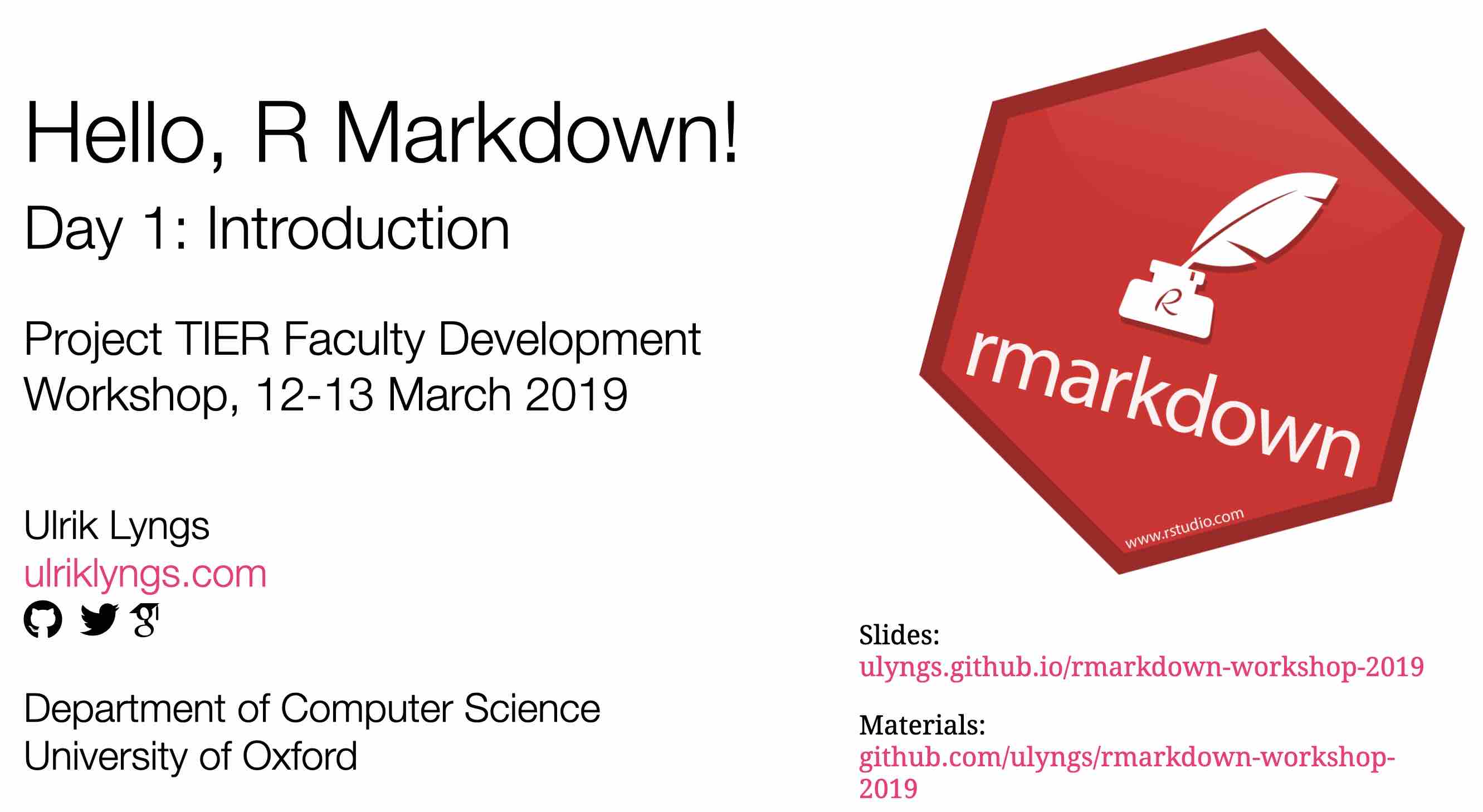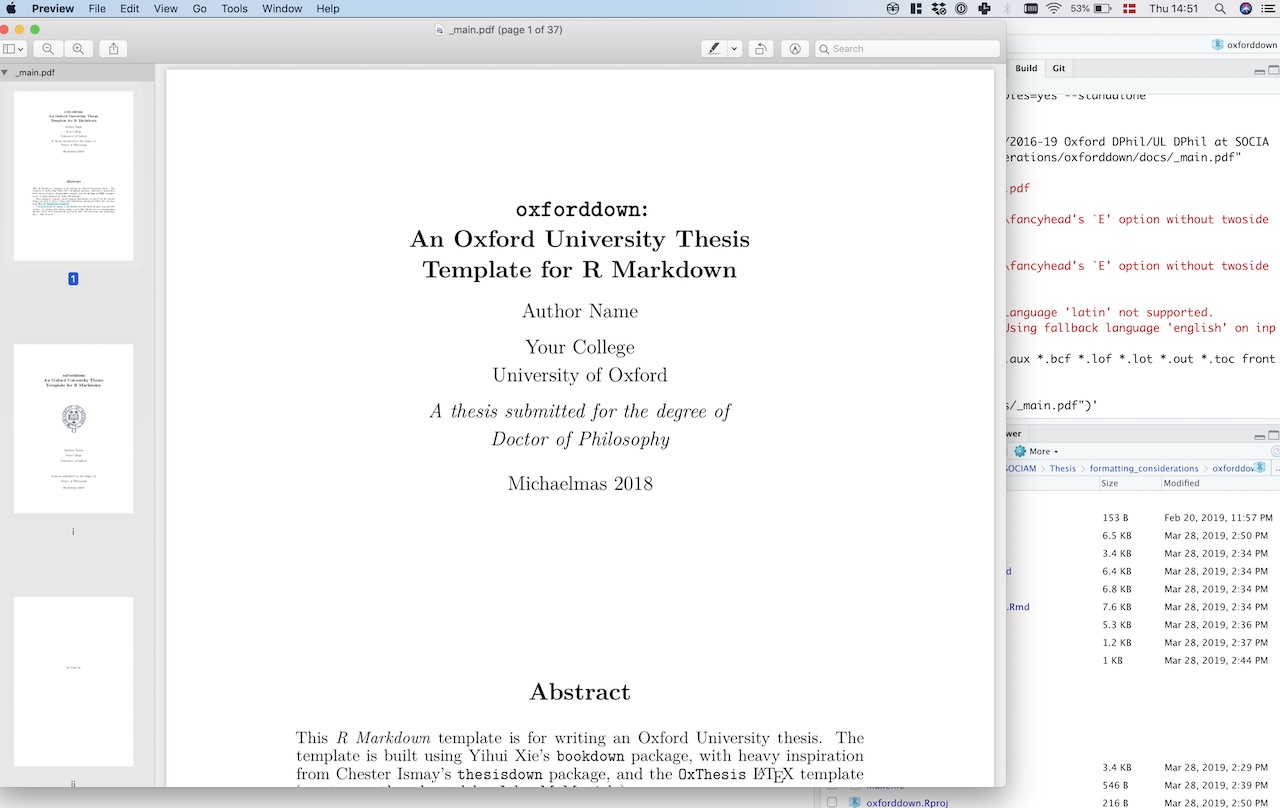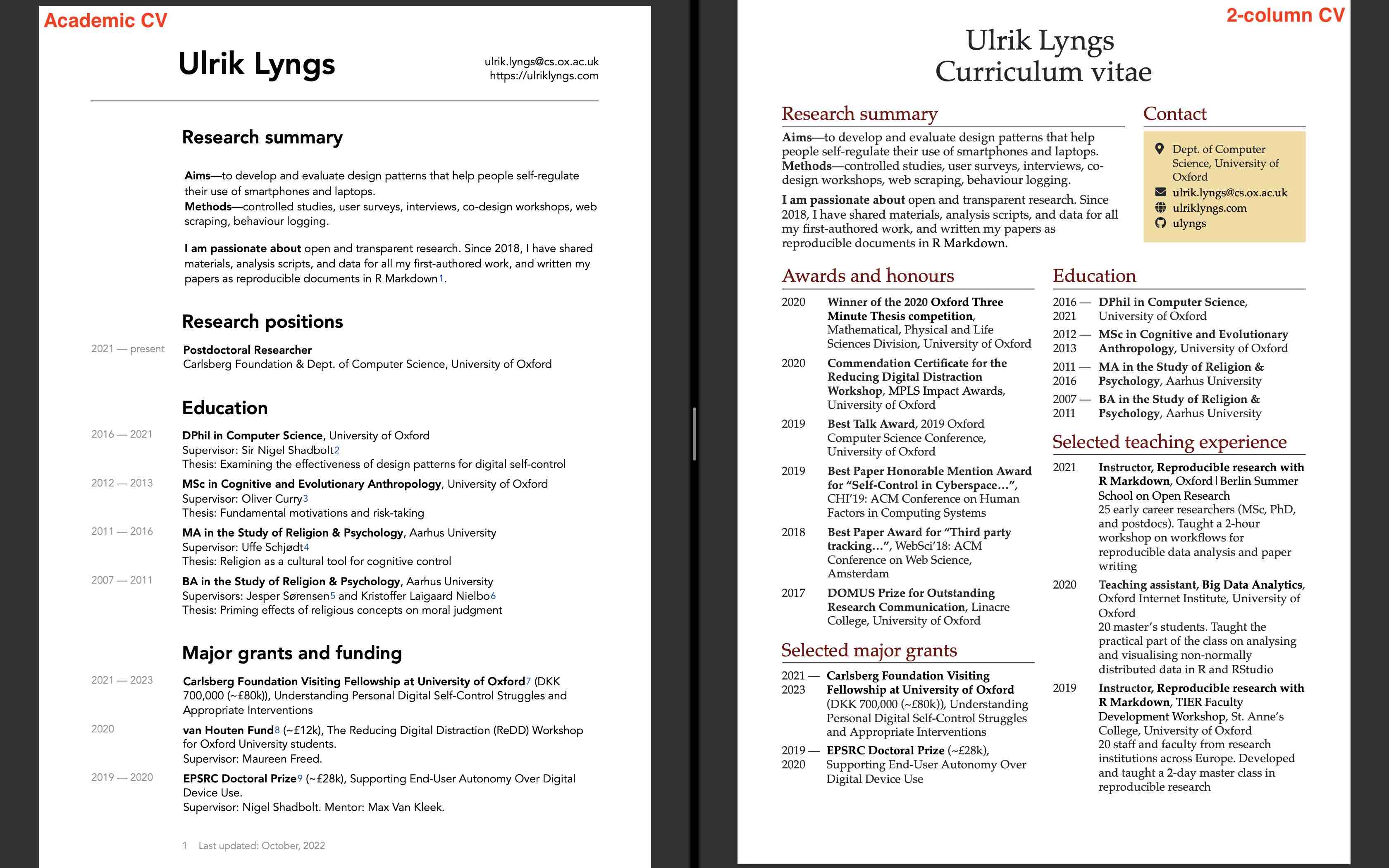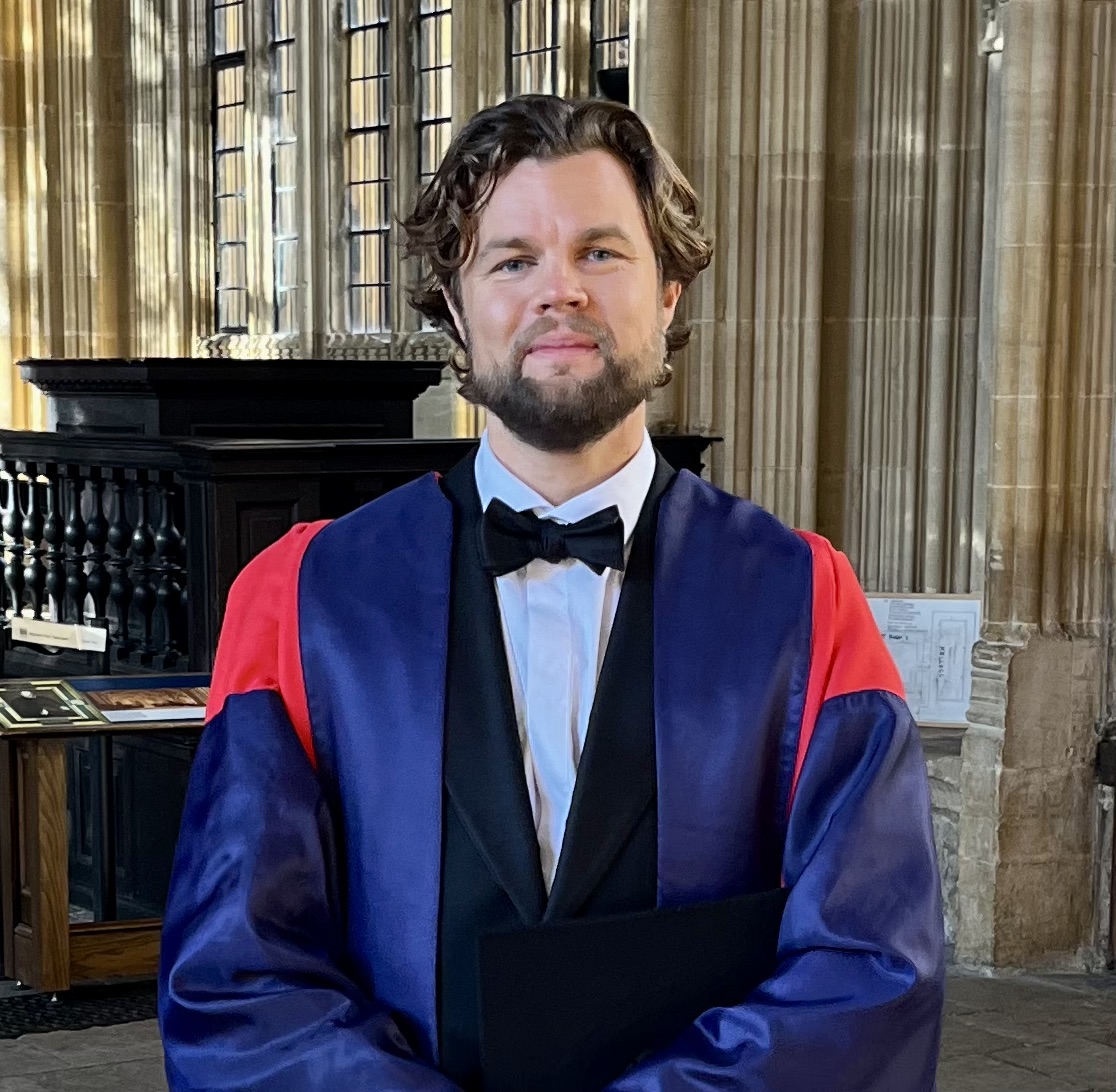
I am co-founder of the Reduce Digital Distraction Project, which helps people redesign their digital life to serve their goals & needs.
I am also Research Fellow at Linacre College, external postdoc at the University of Copenhagen’s Human Centred Computing Section, and research representative on Denmark’s Media Council for Children and Youth.
When I don’t think about digital distraction, I play various instruments in The Karaoke Collective. Previously, I was a festival producer at HowTheLightGetsIn.
 Honourable Mention Award)
Honourable Mention Award)